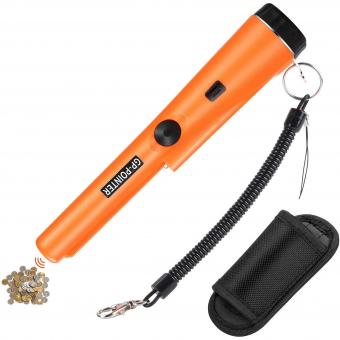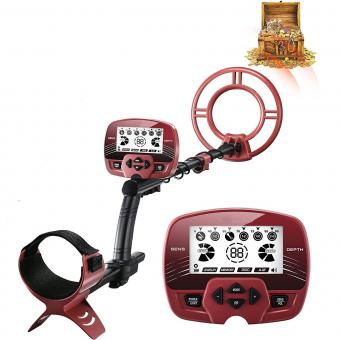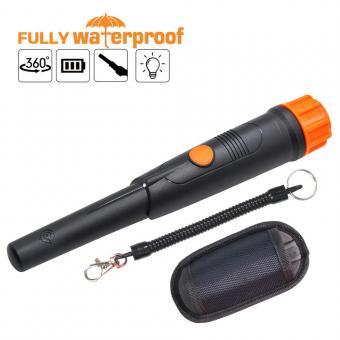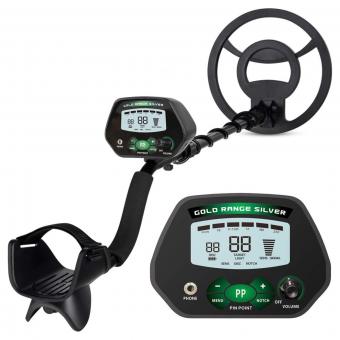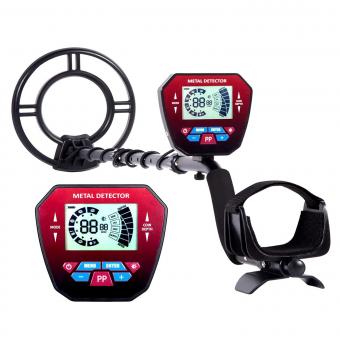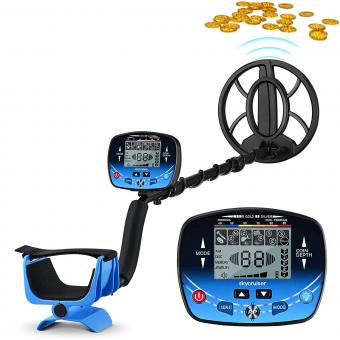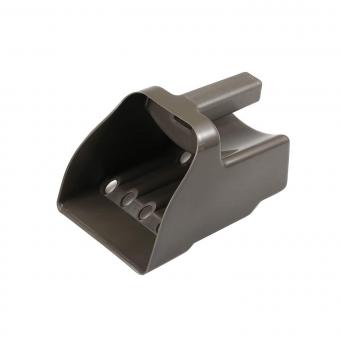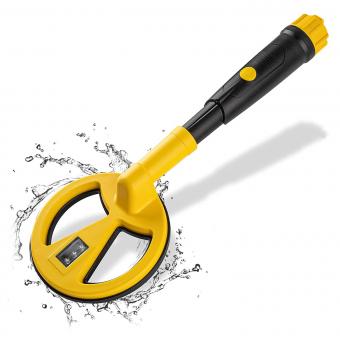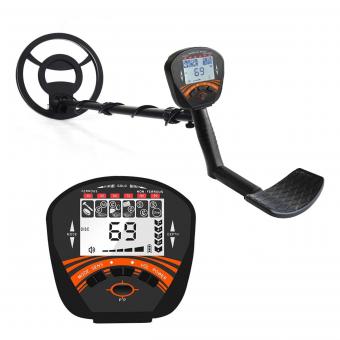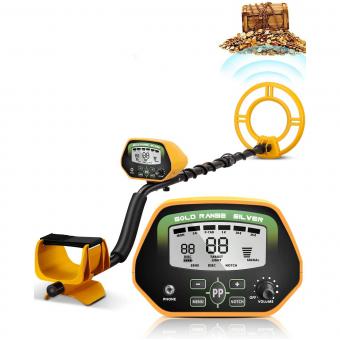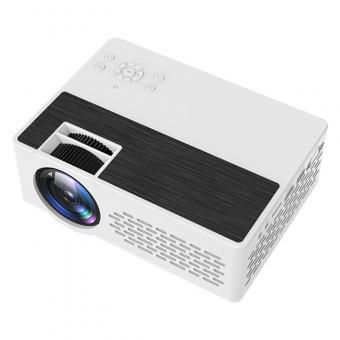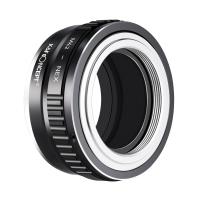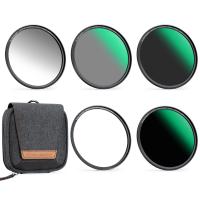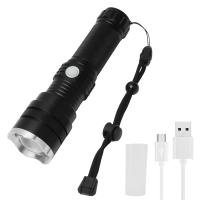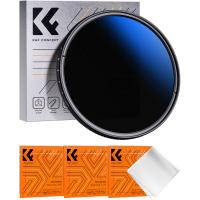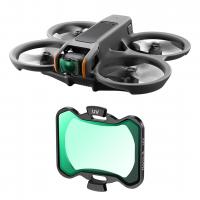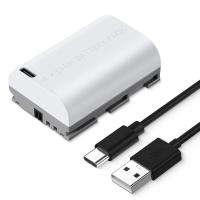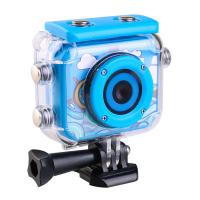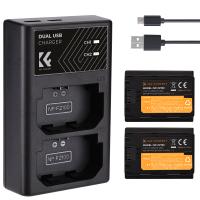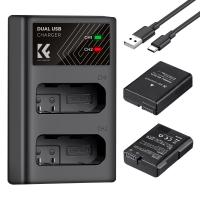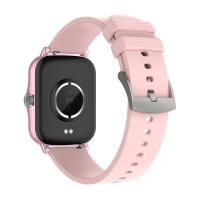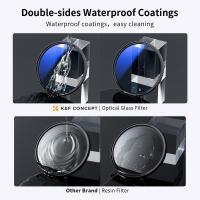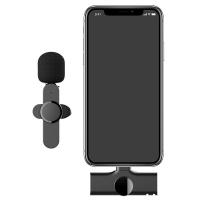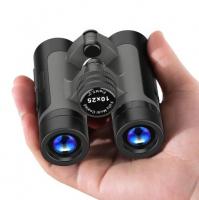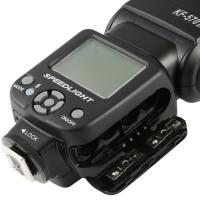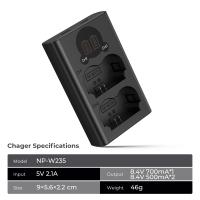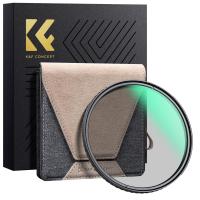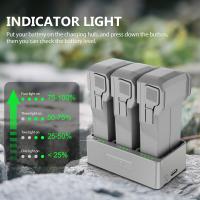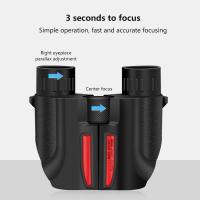What Is The Most Accurate Metal Detector?
In the world of treasure hunting, the pursuit of the most accurate metal detector is an ongoing endeavor filled with excitement, anticipation, and the promise of discovering hidden treasures. Whether you are a seasoned professional or a keen hobbyist, selecting a high-precision metal detector can make a significant difference in your search efforts. This article explores the unique components that contribute to the accuracy of metal detectors, compares some of the top models available in the market, and provides practical advice for making the best choice for your specific needs.
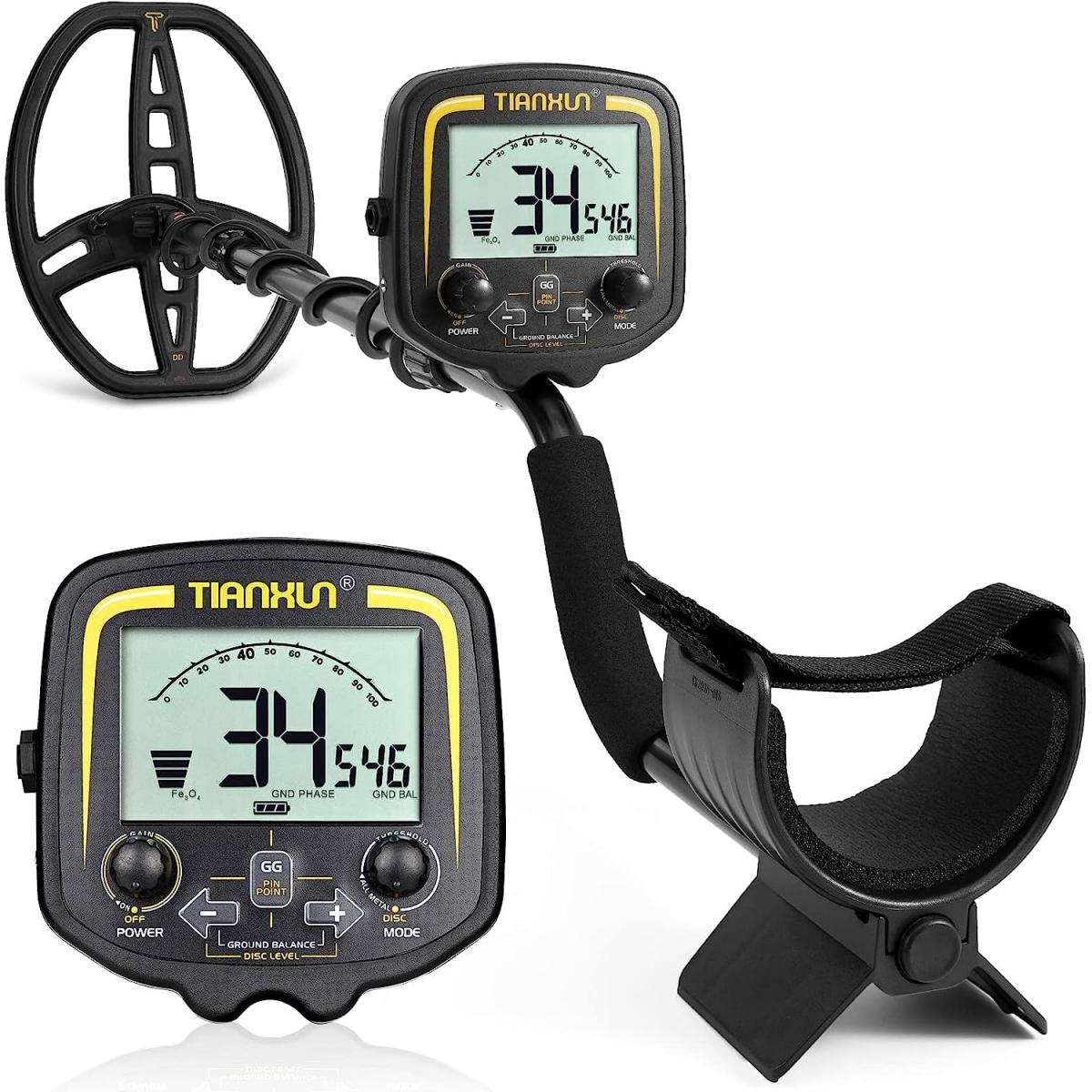
Understanding Metal Detectors: Components and Technology
Metal detectors operate using electromagnetic fields to locate metal objects. The accuracy of a metal detector is primarily determined by several factors including the coil size, operating frequency, ground balance, and discrimination settings.
1. Coil Size: The size of the search coil, typically measured in inches, can greatly influence the depth and precision of detection. Larger coils can cover more ground and detect deeper objects, but may lack precision in identifying smaller targets. Conversely, smaller coils offer better sensitivity to tiny objects and are useful in areas with heavy trash.
2. Operating Frequency: Metal detectors can operate at varying frequencies; lower frequencies (1-10 kHz) are better for detecting larger, conductive metals like silver and copper. Higher frequencies (greater than 15 kHz) are more sensitive to smaller objects such as gold nuggets. Some advanced detectors offer multi-frequency technology, providing the advantage of both ranges.
3. Ground Balance: Ground balance is a critical function that helps the detector differentiate between metals and the naturally occurring minerals in the soil. Highly mineralized grounds can cause false signals. A detector with automatic or manual ground balancing features ensures more accurate results, reducing the likelihood of detecting unwanted items.
4. Discrimination Settings: Discrimination is the detector’s ability to distinguish between different types of metals. Accurate discrimination settings allow users to ignore junk metals such as nails and foil while focusing on valuable targets.
Top Metal Detectors: A Comparative Analysis
Several metal detectors stand out in the market due to their advanced technology and high accuracy. Here are some of the best models that treasure hunters often recommend:
1. Minelab Equinox 800
- *Key Features:* Multi-IQ simultaneous multi-frequency technology, waterproof capabilities, and sophisticated user interface.
- *Pros:* Versatility with different target settings, high accuracy due to multi-frequency operation, and exceptional performance in both saltwater and freshwater.
- *Cons:* Highly priced and has a steep learning curve for beginners.
2. Garrett AT Pro
- *Key Features:* Pro Audio mode, high-resolution iron discrimination, and adjustable frequency.
- *Pros:* Excellent for coin shooting and relic hunting, good discrimination, reliable ground balance, and waterproof up to 10 feet.
- *Cons:* Uncomfortable for extended use due to its weight, lacks some advanced features available in other high-end detectors.
3. Fisher F75
- *Key Features:* High sensitivity, large backlit LCD screen, several search modes, and adjustable audio pitch.
- *Pros:* Deep search capabilities, ergonomic design, and user-friendly interface. It works well in highly mineralized soils.
- *Cons:* Cannot be submerged fully in water, susceptible to EMI (electromagnetic interference), and the learning curve can be steep for beginners.
4. XP Deus
- *Key Features:* Wireless technology, fast recovery speed, multi-frequency capability, and customizable settings.
- *Pros:* Light and portable due to its wireless design, outstanding target separation, completely responsive, and depth performance.
- *Cons:* Expensive and complex for new users, the reliance on software updates for optimal performance.
Making the Right Choice: Practical Considerations
When selecting the most accurate metal detector, consider the following practical aspects:
1. Type of Terrain: Your typical detecting environment (beaches, parks, fields, or highly mineralized ground) will guide your selection. For example, beach detectors need to be waterproof and able to handle saltwater mineralization.
2. Type of Target: Determine whether you are looking for coins, relics, gold nuggets, or other valuable metals. Detectors like the Minelab Equinox 800 with multi-frequency technology are versatile for various targets.
3. Budget: Metal detectors range from basic models costing a few hundred dollars to advanced machines costing over a thousand. Define your budget while considering long-term value and possible future upgrades.
4. User Experience Level: Beginners may benefit from detectors with intuitive interfaces and pre-set search modes. Advanced users may prefer highly customizable detectors with in-depth features.
5. Portability and Weight: Detecting often requires covering extensive ground. A lightweight, ergonomically designed model enhances comfort during prolonged use.
6. Additional Features: Consider features like pinpointing capabilities, target depth indicator, and audio options that could enhance your detecting experience.
Practical Tips for Maximizing Detector Accuracy
Accuracy is not solely dependent on the detector’s technology but also how effectively you use it. Here are some practical tips:
1. Proper Tuning: Regularly calibrate your detector’s ground balance and ensure the sensitivity is set appropriately for the terrain.
2. Search Patterns: Adopting systematic search patterns like the grid method can ensure a thorough and accurate search of an area.
3. Noise Reduction: Minimize interference by keeping the detector away from power lines, phones, and other electronic devices.
4. Experiment and Adjust: Continuously adjust settings based on feedback and experiment with different modes to understand what works best for you.
5. Dig Wisely: Trust your detector’s signals but also use a pinpointer to precisely locate the target before digging to avoid missing small objects.
Conclusion
Selecting the most accurate metal detector requires an understanding of the specific factors that contribute to its performance, an assessment of your individual needs, and practical usage knowledge. Models such as the Minelab Equinox 800, Garrett AT Pro, Fisher F75, and XP Deus have proven their worth in the field, each catering to different detecting scenarios and user preferences. By carefully evaluating features, functionality, and practical tips for maximizing detector accuracy, treasure hunters can enhance their chances of making exciting and valuable discoveries.

